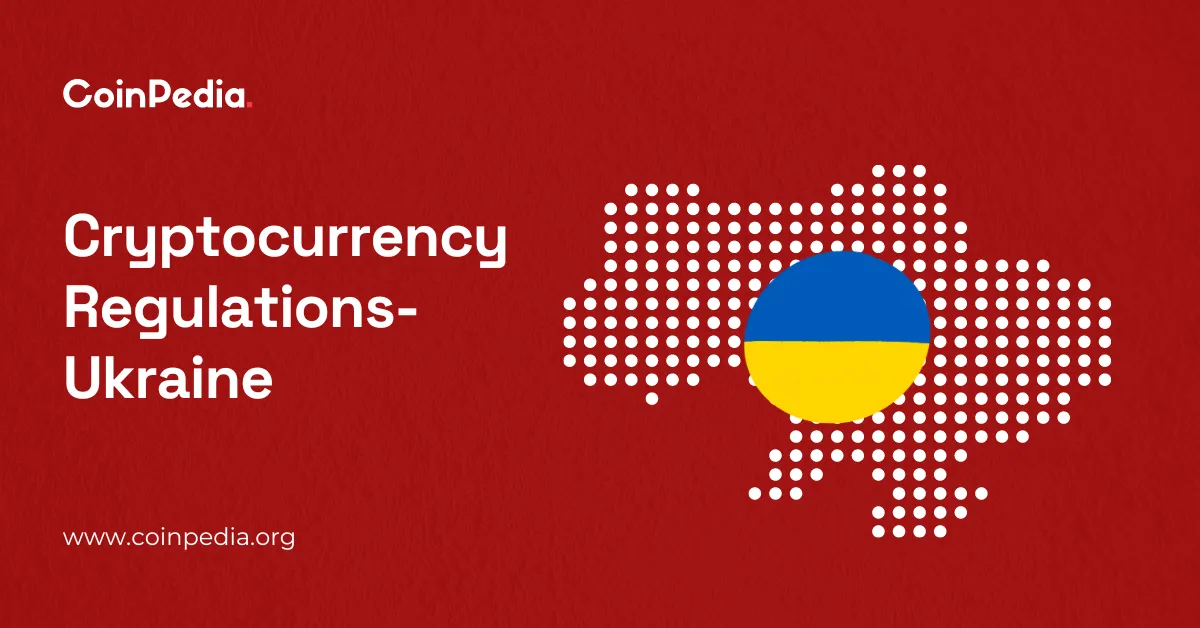
Ukraine is on the cusp of a groundbreaking shift in the world of national finance by preparing to establish a national Bitcoin reserve—an unprecedented move for any European country. This initiative not only signals Ukraine’s forward-thinking approach to integrating digital assets into its economic framework but also reflects the nation’s resilience amid ongoing geopolitical tensions and economic instability. Against the backdrop of its conflict with Russia and the urgent need to diversify financial safeguards, Ukraine is poised to pioneer the formal inclusion of cryptocurrency as a sovereign asset.
At the forefront of this effort is Yaroslav Zhelezniak, a key Ukrainian lawmaker and Deputy Chairman of the Committee on Finance, Tax, and Customs Policy, who is spearheading the legislative groundwork for this bold initiative. The proposed bill, currently under development, will define the mechanics by which the state can acquire, safeguard, and manage Bitcoin within its official reserves. This framework is being constructed in close collaboration with the National Bank of Ukraine and international institutions such as the International Monetary Fund (IMF), indicating a concerted effort to align Ukraine’s ambitions with global financial norms. Moreover, the Bitcoin reserve legislation forms part of a broader crypto regulatory agenda expected to materialize by early 2025, which aims to clarify Ukraine’s stance on various digital assets well beyond Bitcoin alone.
One of the most striking elements of Ukraine’s Bitcoin reserve plan is its partnership with Binance, one of the largest cryptocurrency exchanges worldwide. Binance’s involvement signals a significant government recognition of the exchange’s expertise and the crypto industry at large. By tapping into Binance’s technical and regulatory know-how, Ukraine is positioning itself to better navigate the complexities of crypto asset custody and management. This engagement also highlights Ukraine’s willingness to embrace institutional crypto entities in its financial policymaking—a clear contrast to the cautious or restrictive attitudes seen in many European countries. Beyond policy, crypto has already played a crucial role in Ukraine’s recent history: international crypto donations exceeding $225 million during 2022-2023 provided vital support amid conflict, underscoring the practical impact and growing importance of digital currency in times of crisis.
The strategic rationale for a Bitcoin reserve is multifaceted, rooted in both financial prudence and innovation. Firstly, Bitcoin’s decentralized, borderless architecture offers Ukraine a potent hedge against vulnerabilities inherent in the conventional financial system—particularly in the context of war, sanctions, inflationary pressures, and capital controls. Unlike traditional reserves tied to foreign currencies or gold, cryptocurrencies like Bitcoin, which cannot easily be frozen or devalued by hostile forces, provide a unique layer of financial security. Secondly, the initiative symbolizes a strengthening of Ukraine’s economic sovereignty, broadening the composition of national reserves to include digital assets as a form of diversification. Lastly, the legal and regulatory framework being developed is expected to foster the growth of Ukraine’s crypto sector by delivering clear rules that encourage innovation while maintaining necessary oversight—an important balancing act that could accelerate the country’s emergence as a regional crypto hub.
Ukraine’s pioneering move must also be viewed within the broader global context. While some countries have started to consider crypto assets as part of their financial strategies, Europe has yet to see any nation formally adopt a Bitcoin reserve at the state level. Ukraine’s unique geopolitical circumstances and its early adoption and acceptance of cryptocurrency place it in a distinct position to serve as a global case study in how blockchain technology can be integrated into national finance. The forthcoming draft law covers essential elements such as the custodial responsibilities of the state, transparent accounting practices, risk mitigation protocols, and seamless interaction with global financial systems. The ambitious timeline, with draft legislation expected soon and wider crypto regulations anticipated by early 2025, suggests a sense of urgency and a desire to lead Europe’s digital asset regulatory dialogue, especially in alignment with frameworks like the EU’s Markets in Crypto-Assets Regulation (MiCA).
In sum, Ukraine’s plan to establish a national Bitcoin reserve marks a daring and innovative fusion of cryptocurrency with sovereign fiscal policy. By leveraging legislative action and strategic partnerships, including with Binance, the country aims to shield itself from economic shocks, enhance the resilience of its reserves, and foster a mature legal environment for digital assets. Should this venture succeed, Ukraine could set a powerful precedent for other nations contemplating the integration of blockchain-based currencies into their financial frameworks—potentially reshaping global perceptions of how digital assets fit into national economic strategies.
